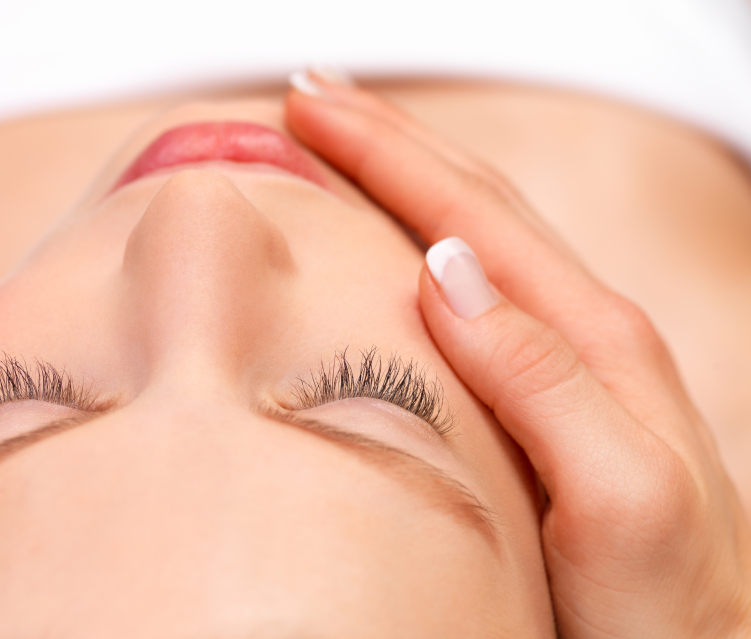Nutrients for youthful skin

While it’s true that what you eat may show up on your hips, researchers found that it also shows up on your face. A study published in the American Journal of Clinical Nutrition1 by head researcher Maeve C. Cosgrove, Ph.D., and her colleagues provides more details. If you want your skin to appear more youthful as you age, you’ll make sure to get plenty of vitamin C and linoleic acid. You’ll also avoid eating a high-fat, high-carbohydrate diet.
The study examined data from 4,025 women aged 40–74 from the first National Health and Nutrition Examination Survey (NHANES I) to see if certain nutrients affected skin aging. NHANES I was a study conducted in the U.S. with 30,000 participants from all walks of life between 1971 and 1974 on a variety of topics pertaining to health and nutrition. These women had been evaluated by dermatologists to assess skin aging, which was defined by three factors: wrinkles, dryness from aging (senile dryness), and thinning of the skin (skin atrophy).
Most studies on nutrients and their impact on skin aging and appearance have been done by evaluating women taking supplements. Dr. Cosgrove’s team looked at daily intake through foods instead. Their results were somewhat unique, too, in that they were the same regardless of age, race, education, sunlight exposure, income, menopausal status, body mass index, supplement use, physical activity, and energy intake.
According to the study, women were less likely to have wrinkles if they got plenty of vitamin C in their diet. Dr. Northrup explains why this makes sense, “Wrinkles result from the breakdown of elastin and collagen fibers in the deeper layers of the skin. Vitamin C is essential for the production and repair of collagen, the substance that gives skin its youthful appearance. Vitamin C is also a powerful antioxidant—an anti-ager—that’s been shown to help restore a smooth surface and youthful glow to skin.”
The researchers found that women with higher intakes of linoleic acid (an omega-6 essential fatty acid) had less dryness and less skin atrophy. Dr. Northrup continues, “Linoleic acid is found in nuts, whole grains, most vegetable oils, eggs, and poultry—foods that are healthy for the entire body as well as the skin. In addition to these foods, I also recommend that women get more omega-3 fats in their diet. The typical American diet is deficient in healthy omega-3 fats. And fish oil, a terrific source of omega-3 fatty acids, is one of the best beauty supplements for skin, hair, and nails.”
The study concluded that if a woman’s diet is high in fats and carbohydrates, she’s more likely to have wrinkles and skin atrophy. Dr. Northrup adds, “No one doubts there are health benefits of nutrient-rich fruits and vegetables, healthy fats, and enough fiber. What most people don’t realize is that the same diet that prevents diabetes and heart disease also provides you with a radiant complexion. A diet too high in refined carbohydrates results in cellular inflammation and free radicals. These age us from the inside. And ultimately it’ll show on our face."
“You can protect your body and enhance your beauty by eating a low-glycemic diet, getting lots of fruits and vegetables, and taking vitamin/mineral supplements that provide comprehensive antioxidant protection. This would include coenzyme Q10, vitamins C and E, and grape seed extract.” Dr. Northrup continues, “You’ll also want to protect your skin from smoke and excessive sun exposure. And I highly recommend that you adopt a beauty ritual that pampers your skin with high-quality skin care products that support skin health.”
Dr. Northrup adds, “There’s nothing more beautiful than a woman with a smile. It makes wrinkles fade into the background. Live your life joyously and let it show on your face.”
Thank you to Christiane Northrup, M.D:
Learn More | Recommended Reading
* The Wisdom of Menopause by Christiane Northrup, M.D. Chapter 11, From Rosebud to Rosehip: Cultivating Midlife Beauty
References
1. Cosgrove, M.C., et. al, 2007. Dietary nutrient intakes and skin-aging appearance among middle-aged American women. American Journal of Clinical Nutrition, October:Vol. 86, No. 4, 1225-1231.